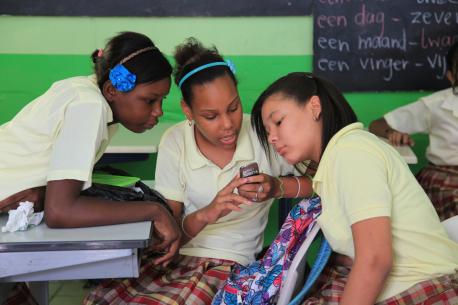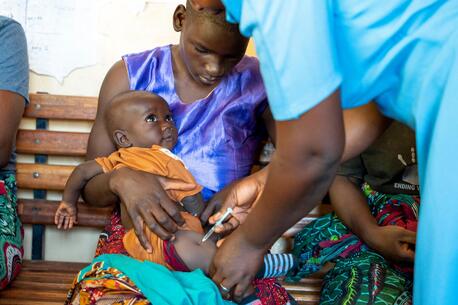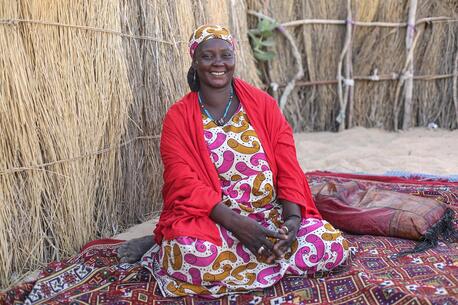
UNICEF Looks at Children’s Rights in the Digital Age
More and more children are using the internet and mobile technologies in their daily lives.
From the United States to Uganda, children are using technology to learn, play and socialize. So what might this mean for UNICEF's role in protecting children?
A new report takes a look at children’s rights in the digital age. The report, produced by the UNICEF Office of Research and the London School of Economics, uncovers a large gap in the research necessary to guide policy and action as more children get online
Among several findings, the report points to insufficient research on how children may be vulnerable to harm on the internet. That means strategies to protect them can't be effectively designed.
The report also recommends more research on how to promote digital literacy and connect children with the creative, informative and participatory resources that digital technology has to offer.
As a leader in child protection, UNICEF is uniquely positioned to address these research gaps. The report calls for UNICEF to set a global agenda on children’s rights that focuses on research, but also accounts for differences in how children in various parts of the world use digital technology.
UNICEF's Office of Research was established in 1988 to identify and research current and future areas of UNICEF's work. Hosted at the Istituto degli Innocenti in Florence, Italy, the research center contributes to global debate on children's rights through research partnerships with leading academic institutions and development networks. Learn more here or read the full report.


